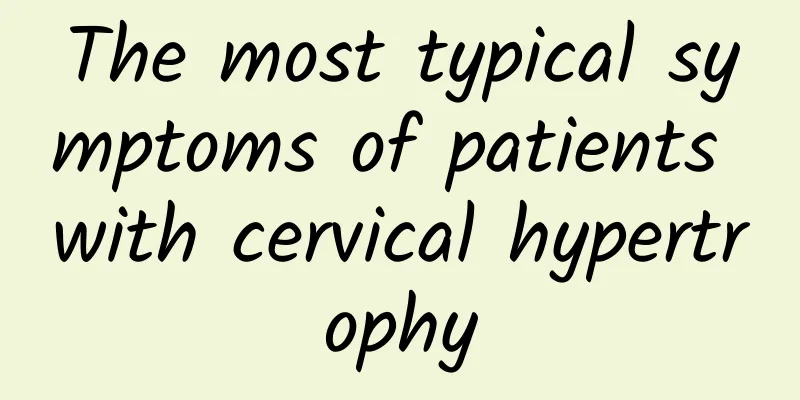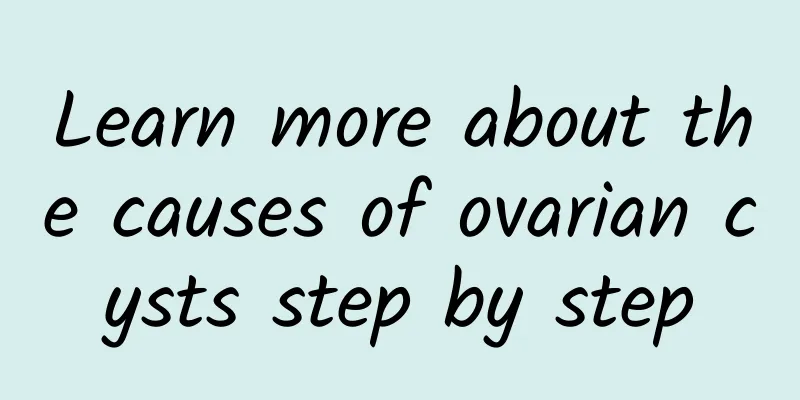What causes habitual miscarriage? There are 5 influencing factors

|
Habitual miscarriage happens from time to time in life. Its occurrence is related to corpus luteum insufficiency, chromosomal abnormalities, adverse environment, maternal diseases and immune factors. For women, it is very important to understand the causes of habitual miscarriage and try to prevent it in a targeted manner. In life, many women suffer from habitual miscarriage. These women are very careful after pregnancy, but they can never keep the fetus. Habitual miscarriage has a serious impact on women's physiology and psychology. Women should pay attention to its cause. So, what causes habitual miscarriage? |
<<: What is the cause of habitual miscarriage? Pay attention to these 7 problems
>>: Which department should I go to in the hospital for hyperprolactinemia?
Recommend
Will there be pregnancy reactions in ectopic pregnancy?
Ectopic pregnancy, also known as ectopic pregnanc...
How to check for vaginitis
How to check for vaginitis? Vaginitis requires ex...
Can vaginal delivery be achieved with fungal vaginitis?
Can vaginal delivery be achieved with fungal vagi...
Is there a way to prevent ovarian cyst rupture?
What causes ovarian cyst rupture? Is there a way ...
What does ovarian cyst mean? Is this disease serious?
What does ovarian cyst mean and is this disease s...
Eating too little to lose muscle is a good way to lose weight. It is better to reduce 500 calories per day.
The correct way to lose weight is "balanced ...
What is exercise intensity and exercise dosage? Rehabilitation Physician: 7 Essential Conditions for a Complete Exercise Prescription
As modern society becomes more and more convenien...
How big is the uterine fibroid before it needs surgical treatment? How to treat uterine fibroids?
Uterine fibroids are a common gynecological tumor...
How to treat moderate cervical erosion caused by vaginitis? Moderate cervical erosion caused by vaginitis can be treated in three ways
In our lives, whether it is vaginitis or cervical...
Focus on the diagnosis and treatment of vulvar leukoplakia in the middle-aged and elderly
Do you know what the symptoms of vulvar leukoplak...
Beware! Women with frequent back pain should beware of pelvic inflammatory disease
Pelvic inflammatory disease is a common gynecolog...
How is the thickness of the endometrium formed?
Endometrial hyperplasia can occur at any age, dur...
What medicine is good for ovarian cysts
What medicine is good for ovarian cysts? Nowadays...
The harm of cervical erosion, hypertrophy and cyst
Cervical erosion, hypertrophy and cysts are commo...
There are many factors that lead to dysmenorrhea.
I think women should be familiar with dysmenorrhe...









